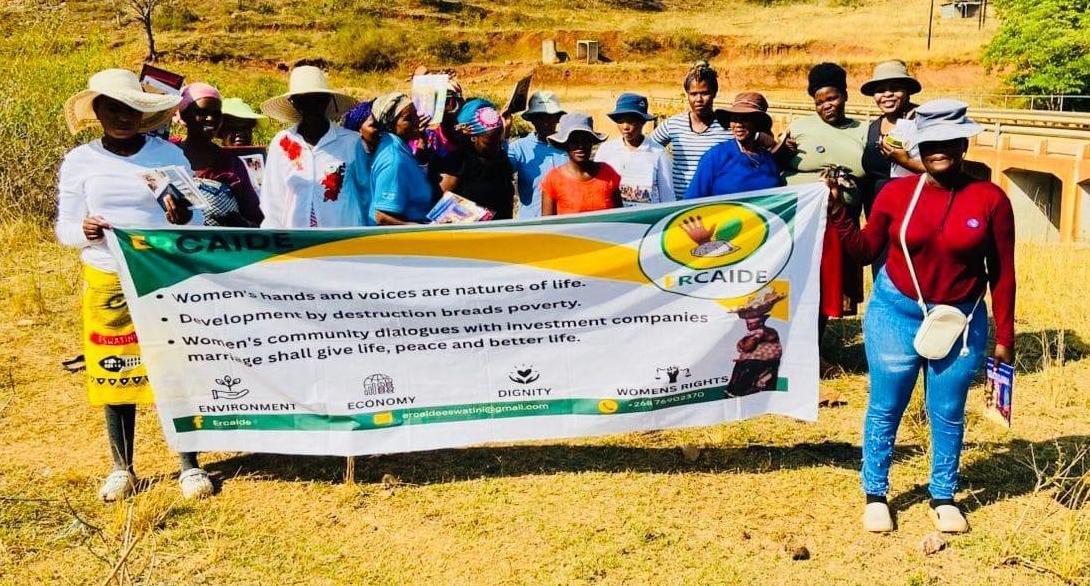By Abigail Jele
Africa-Press – Eswatini. In eSwatini, the communities of Lulakeni, Ndunayithini and Lufafa are confronting the harsh realities of mining and extractive activities amid escalating levels of poverty.
But while these areas face environmental and social pressures, the most pressing challenges emerge from the King’s Gold Mine situated at Lufafa in the northern Hhohho Region where residents are living with the daily consequences of extractivism.
The Eswatini Resource Centre for Alternative Ideas and Development (ERCAIDE) is at the forefront of empowering women in these communities to advocate for environmental justice, defend their rights, and strengthen resilience in the face of exploitation.
It should be noted that, the impact of mining is evident at Lufafa, pollution from mining trucks raises fears of tuberculosis and other respiratory illnesses.
The residents are also exposed to contaminated water sources, threatening human health and livestock survival.
But apart from that, the unfenced mining areas expose animals to toxic debris and polluted water, mostly resulting in fatalities.
Worth-noting, beyond these environmental harms, women face restrictions that hinder their ability to sustain livelihoods through small-scale trade, while the lack of accountability from mining companies deepens the community’s vulnerability.
Through the “Building Women’s Voice and Resilience Against Extractivism” project, ERCAIDE is addressing these challenges by creating safe spaces for dialogue and collective organizing.
The organization is also providing capacity-building workshops on women’s human rights, environmental justice, and climate change while offering skills training such as liquid soap-making to strengthen women’s economic independence.
Recognizing the urgency of the situation in Lufafa, ERCAIDE is actively engaging with the Human Rights Commission, the Environmental Authority, and the area’s Member of Parliament(MP) to push for accountability and immediate solutions.
ERCAIDE’s vision is clear; justice and sustainable development cannot exist without women’s voices at the center of decision-making.
It is important to emphasize that, by equipping women with knowledge and leadership opportunities, the project ensures they are not only defenders of their rights but, architects of a future where communities thrive in harmony with the environment.
For More News And Analysis About Eswatini Follow Africa-Press







